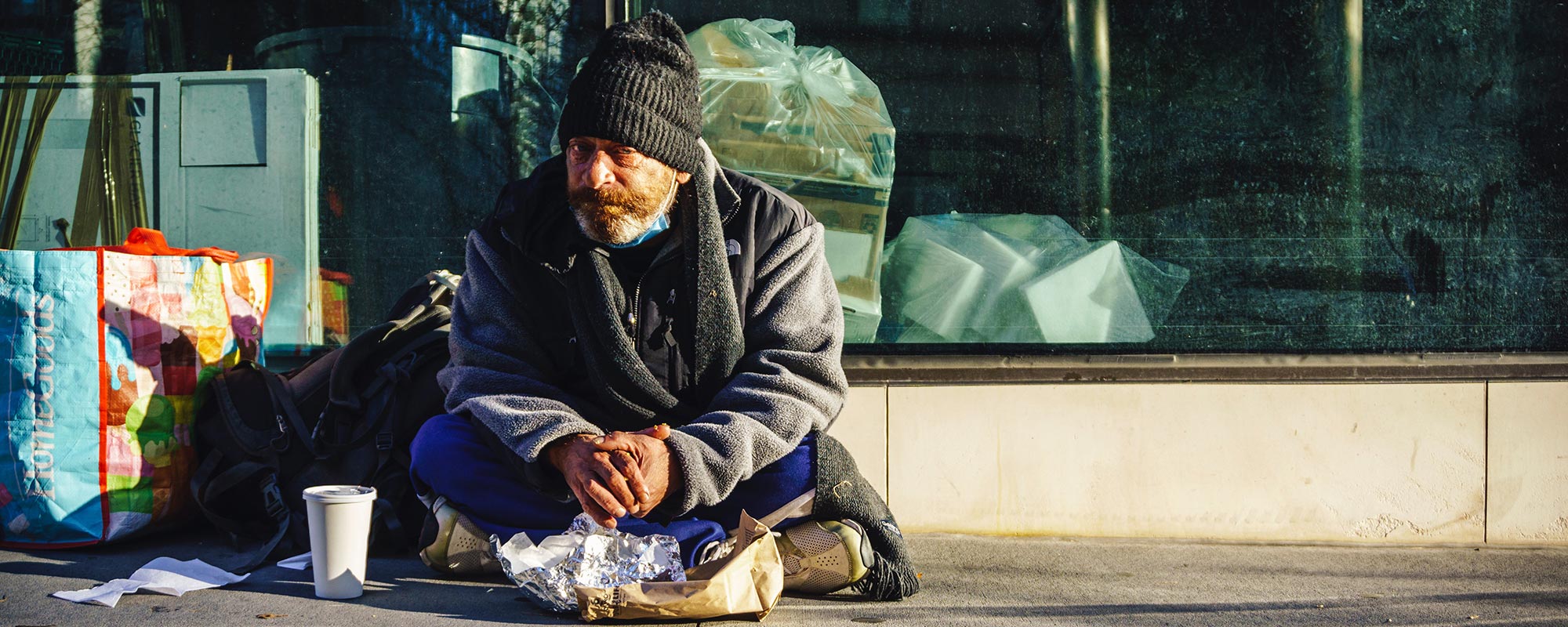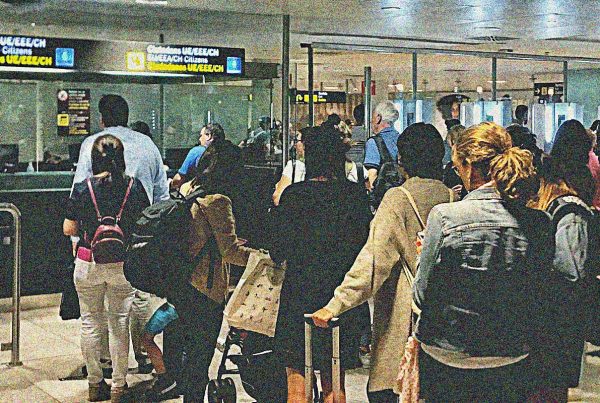The Ontario Superior Court ruled that the City of Toronto failed to comply with a settlement agreement it had signed with our coalition, had not created physical distancing between beds, nor had made best efforts to do so.
Justice Sossin confirmed in his judgment that “any failure by the City to take all reasonable steps to meet physical distancing standard in congregate shelter settings heightens an already significant risk of the spread of COVID-19 to some of the most vulnerable members of our society.”
The Court was critical of the City’s interpretation of physical distancing requirements, as these were decided upon “without the benefit of public health guidance”. It ordered the City to obtain such guidance and to share the results with the coalition that started the legal challenge. The decision also requires the City to resume its regular reporting to the coalition about its progress in achieving physical distancing in shelters.
“It is clear from the court decision that the City needs to do a better job protecting people in shelters from COVID-19 transmission,” said Fareeda Adam of the Black Legal Action Centre. “651 people who use shelters have contracted COVID- 19 and four people have died. We know that this virus disproportionately impacts Black, Indigenous and other racialized communities, as well as people living with disabilities, and these communities are also overrepresented amongst shelter residents.”
“The Court’s decision confirms the Coalition’s position that the City has not done enough to reduce the risks of COVID transmission within Toronto’s shelter system, and that the City’s assertion of compliance with physical distancing standards was premature,” said Jessica Orkin, legal counsel to the applicants. “Justice Sossin’s judgment will ensure that going forward, decisions about physical distancing within the shelter system are based upon evidence-based guidance from independent public health experts.”
“We are pleased that the Court agreed with us that the City’s obligations under the settlement agreement remain in force, and highlighted the importance of ongoing vigilance and monitoring of the City’s adherence to its legal commitments,” said Noa Mendelsohn Aviv of the Canadian Civil Liberties Association. “With rising COVID-19 counts, we are concerned about people who use shelters, people who work at shelters, and the whole community.”
“This case highlights the need to be vigilant about protecting the health of people who use shelters,” said Senior Staff Lawyer at Aboriginal Legal Services Emily Hill. “Our goal is to keep Indigenous people and communities safe from the spread of COVID-19.”
“As the second wave of Covid-19 is well under way and first snow could fly any day, it is urgent and vital that the City of Toronto finally and fully provide appropriately physically distanced shelter space for its poorest residents,” said Doug Johnson Hatlem, street pastor with Sanctuary Ministries of Toronto. “Hundreds of those residents remain outdoors in tents or otherwise sleeping rough due to legitimate fears of contracting a deadly and highly contagious disease, and because the shelters are crowded and full.”
“It’s important to remember that shelters are a band-aid solution. From a health perspective, the real focus should be moving people into adequate and permanent housing,” said Kenneth Hale, legal director at the Advocacy Centre for Tenants Ontario.
About the Canadian Civil Liberties Association
The CCLA is an independent, non-profit organization with supporters from across the country. Founded in 1964, the CCLA is a national human rights organization committed to defending the rights, dignity, safety, and freedoms of all people in Canada.
For the Media
For further comments, please contact us at media@ccla.org.





